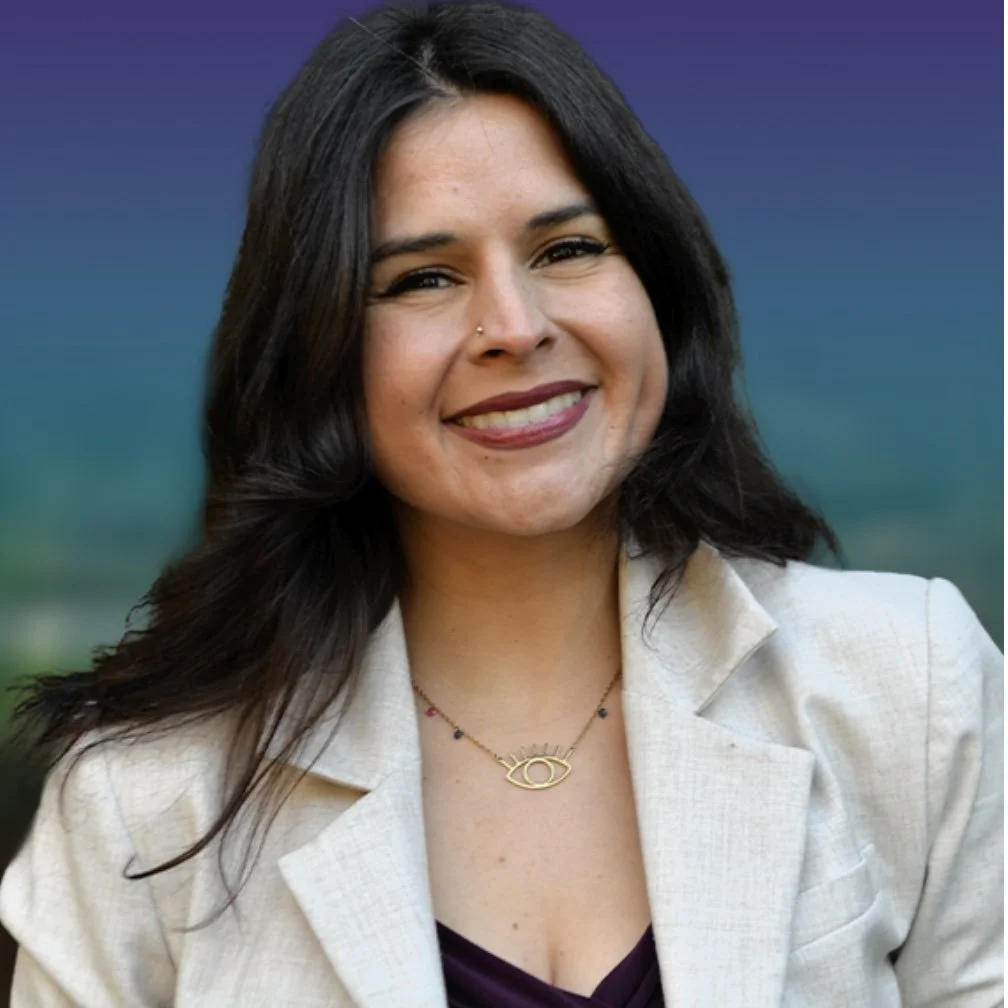In 2021-22, The City of Seattle moved 500 of the most severe street addicts into free condos in the Broadway District of Capitol Hill.
None of these addicts had attended treatment and there was no requirement for them to be drug free to remain in the apartments. This approach to treating addiction is called “Housing First”.
The theory was invented for alcoholics and tested in small cities without much urban density. What the politicians who brought this to Seattle didn’t consider was that alcohol is a legal drug and so won’t create an open drug market around buildings full of alcoholics.
The theory is that if you give a late stage addict an apartment and food and medical help that they will use less drugs and go to the hospital less and go to jail less. This reduction of services will help the city budget and the addict.
In Seattle Housing First buildings have created open drug markets in the blocks surrounding these buildings. This is true in all the city center neighborhoods.
This harm to the business tax base is the number one cause of the city budget deficit. You can see the effects downtown, in the CID, On First Hill and Capitol Hill, on Rainier Ave South and in the Ballard and SODO Industrial areas.
When you combine open drug markets, free apartments for addicts and a lack of law enforcement, addicts are free to commit crimes and use drugs in public destroying businesses and neighborhoods.
When businesses are destroyed the cities tax revenue for used to provide services goes down. When the neighborhood is destroyed by crime new businesses will not open.
Alexis Mercedes Rinck has been taught in her time at Syracuse University and at The UW Evans Public Policy School that open drug markets, free apartments for addicts and a lack of law enforcement are good policies because they reduce racial disparity and offer harm reduction to addicts and that “Housing First” buildings end “homelessness”. After living the effects of all these policies up close for five years, I couldn’t disagree more.
The answers are obvious:
Arrest people who are committing the crimes associated with addiction including for public drug use.
Charge and convict with diversion of the non-violent to 365 day residential treatment center away for the city neighborhoods.
For those who graduate treatment drug free a path back into society that includes drug free housing and job training.


